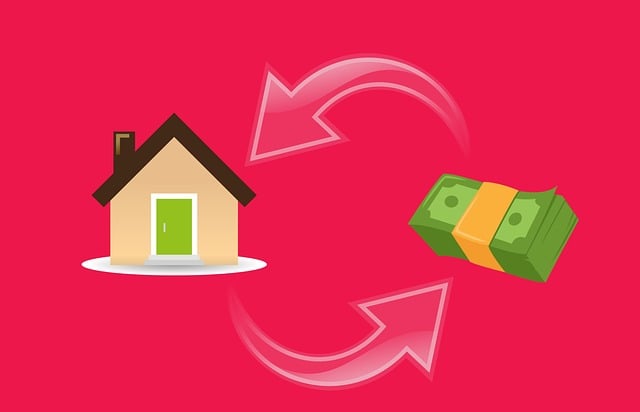
Paying cash for a home streamlines the buying process—no mortgage underwriting, fewer delays, and often stronger negotiating power. But skipping the home inspection simply because there’s no lender requiring it is a risky move, even for the most seasoned investor or buyer.
Here’s why a home inspection remains essential, no matter how the home is financed.
1. A Clear Picture of the Property’s Condition
A home may look great on the surface, but unseen issues can lurk behind walls, under floors, or inside systems. Structural problems, roof damage, outdated electrical work, hidden plumbing leaks, or even mold may not be obvious during a walkthrough. A professional inspection reveals the full condition of the property—something every buyer deserves to know before handing over a large sum of money.
2. Preventing Costly Surprises After Closing
Cash buyers often intend to close quickly, but that doesn’t mean rushing blindly into a financial commitment. A thorough inspection can uncover repairs that may require thousands of dollars to fix. Knowing this before closing gives you the chance to renegotiate or prepare properly—potentially saving more money than the inspection costs.
3. Peace of Mind and Planning
Even if no major defects are found, a home inspection provides a detailed report on the age and condition of key systems—HVAC, plumbing, roof, foundation, and more. This helps you anticipate future maintenance, budget realistically, and prioritize upgrades based on factual information, not guesswork.
4. Investment Protection
Whether you’re buying to live in, rent out, or renovate, protecting your investment starts with understanding it. Hidden structural issues or safety hazards can damage not just the property’s value, but also your reputation as a landlord or investor. Due diligence up front ensures your asset is sound.
5. Negotiation Leverage
Even in competitive markets, inspection findings can give buyers leverage. Cash offers already have power—but pair that with credible inspection findings, and you’re in a strong position to request repairs or price adjustments without relying on lender backing.
Conclusion
A home inspection is not just a formality—it’s a smart, protective step for every buyer, including those paying in cash. It offers insight, safeguards your investment, and supports more confident decision-making. Skipping it may save a few dollars and days up front, but it can cost much more in the long run.
Let knowledge—not assumptions—guide your purchase.

